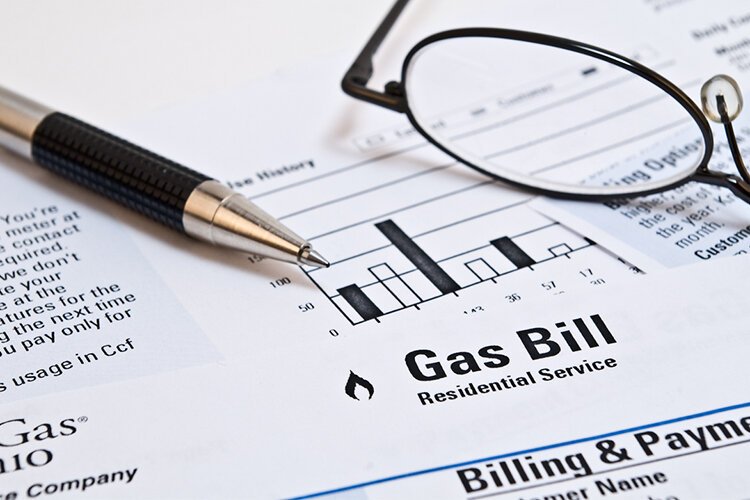One of two emergency utility aid programs in Cuyahoga County runs dry

The $2 million federal assistance fund meant to help people in Cuyahoga County pay off their delinquent utility bills has run dry, a spokesperson for CHN Housing Partners said on Monday, Dec. 14.
Meanwhile, the Council for Economic Opportunities in Greater Cleveland (CEOGC) still has about $3.4 million left of a $6.8 million fund, meant to help people in Cuyahoga County pay off back water, sewer, rent and mortgage bills they owe.
The money for both funds comes from the federal coronavirus aid package passed by Congress back in March, the CARES Act. Unless Congress acts, that money can no longer be used after Dec. 31, meaning CEOGC is now under the gun to get the money out to people who need it.
--------------------------------------------------------------------------------------------
Check out our guide outlining what utility bill-related aid and payment plans are available for Northeast Ohioans. Want to share your story? Check out our survey.
---------------------------------------------------------------------------------------------
CHN Housing Partners—the nonprofit agency that administered the $2 million fund—is still processing the final applications for the relief fund, but is no longer accepting applications.
Laura Boustani, a spokesperson for CHN, says the program helped roughly 2,000 people pay off their utility bills, although the nonprofit is still analyzing its data on the fund.
The average amount of back utility bills owed by applicants was around $772, Boustani says.
Many are facing large utility bills because moratoriums on utility shut-offs have cascaded to an end since August, including Cleveland Public Power and the Cleveland Water Department’s moratoriums ending on Dec. 1. Those moratoriums meant people who have been hit hard by the pandemic - people who lost their jobs or who are otherwise unable to work - weren’t paying their utility bills for months. Now, with the moratoriums over with, they owe large amounts and face their services being disconnected. Boustani says CHN was seeing some with bills as high as $3,000.
Many of those who received the assistance were Cleveland Public Power and Cleveland Water Department customers, Boustani says. People who applied for the city and county’s rental-assistance fund, who told CHN they also needed help paying their back utility bills, were another big source of applications. That rental-aid program still has money left in it, Boustani adds, about $5 million for the city and $1.1 million for the county, and doesn’t face the same Dec. 31 deadline as the utility assistance money.
According to an update given by city officials during a City Council Utilities Committee meeting on Dec. 8 about 20,500 Cleveland Public Power customers and 89,000 Cleveland Water customers have past-due bills. As of Nov. 9, the average amount owed per-customer was $481 for water customers, compared with $281.39 for Cleveland Public Power, according to public records provided by the city.
Doug Bennett, vice president of community services and external affairs with CEOGC, says his agency has about 2,000 applications still to process with the remaining $3.4 million in its emergency assistance fund. So, he’s estimating that the nonprofit should be able to use that money before the end-of-the-month deadline.
However, just in case: “We have asked the state to see what they can do about extending the deadline to spend the money, and we are also asking the Legislature to allow us a longer period of time to exhaust the funding,” Bennett said.
Boustani, with CHN, said that the relief funds administered by her nonprofit “just scratched the surface” of the need out there for help.
“As long as people don’t go back to work, they are going to be behind on rent and utilities, and it’s winter,” Boustani says.
Both CEOGC and CHN administer federal utility assistance programs for the state of Ohio, and so even after these emergency assistance programs run out, they still will be able to offer some aid to some clients, although there are more strict eligibility requirements on these funds and they are not directly related to the pandemic.
Bennett, with CEOGC, reminds people to have their documentation ready when they apply for the emergency assistance program. You can find more info on what is required here.
If you have a past-due balance and have received a disconnection notice from the city of Cleveland’s Department of Public Utilities, the city is asking Cleveland Public Power customers to call (216) 664-4600 and Cleveland Water Department customers to call (216) 664-3130.
Conor Morris is a corps member with Report for America. This story is sponsored by the Northeast Ohio Solutions Journalism Collaborative, which is composed of 20-plus Northeast Ohio news outlets including FreshWater Cleveland.

